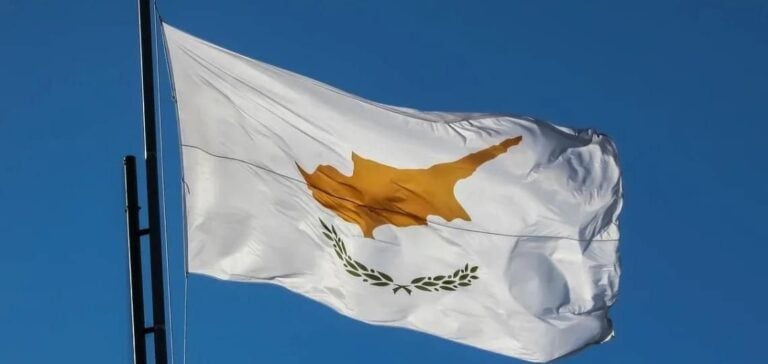The Aphrodite gas field, located in Block 12 of Cyprus’ Exclusive Economic Zone (EEZ), remains a sticking point between the Cypriot government and the consortium comprising Chevron Corporation, Shell PLC, and NewMed Energy LP.
Since its discovery, this field, containing between 3.5 and 4.5 trillion cubic feet of natural gas, has been strategic to the Eastern Mediterranean’s energy ambitions, but its development has been slowed by repeated disagreements over how to effectively exploit its resources.
Controversial adjustments to the development plan
In 2023, the consortium is proposing a revision of the development plan initially approved in 2019, including the removal of the Floating Production Unit (FPU) and the reduction of the number of wells from five to three.
The argument put forward by Chevron and its partners is to minimize costs and accelerate production by eliminating the construction of infrastructure deemed costly.
The modifications envisage connecting the field directly to gas liquefaction facilities in Egypt via a subsea pipeline.
This choice is seen as a strategy to gain faster access to markets, while avoiding the heavy investments associated with an FPU.
However, the Cypriot government, through its Ministry of Energy, rejects this proposal, insisting on the importance of the UPF to extend the life of the field and guarantee efficient exploitation of resources over the long term.
This infrastructure is seen as essential to maximizing the return from the Aphrodite field, a perspective that does not align with the consortium’s cost-cutting objectives.
Formal notice and recourse options
In view of the disagreements, on August 25, 2024, the Cypriot Ministry of Energy sent Chevron a letter of formal notice for breach of contract, stating that the consortium had failed to comply with the terms of the production sharing contract concerning the completion of the FEED.
The letter gives the consortium until January 7, 2025 to comply with the initial requirements, failing which the contract will be terminated.
The partners in the Aphrodite gas field, while willing to continue discussions, are studying the implications of this formal notice and possible legal and technical remedies.
Geopolitical complexities and regional implications
In addition to contractual differences, the Aphrodite field is also a source of geopolitical tension.
A portion of the field encroaches on Israeli waters, complicating bilateral discussions between Cyprus and Israel over the distribution of profits.
Although the two countries have signed energy cooperation agreements, the discovery of Aphrodite has rekindled debates over cross-border exploitation rights.
To date, no definitive agreement on revenue sharing has been reached, and the situation remains delicate.
At the same time, the partners are considering linking the field to gas liquefaction facilities in Egypt, an option that could serve export interests while circumventing the infrastructural requirements set by Nicosia.
This solution, although advantageous for the operators in terms of cost and time, is perceived by Cyprus as a reduction in the initial commitments.
Impacts on the energy future of the Eastern Mediterranean
Discussions surrounding the Aphrodite field highlight the complexity of energy governance in the Eastern Mediterranean.
As Cyprus seeks to establish itself as a key energy hub in the region, the outcome of negotiations with the consortium could have a significant impact on regional energy dynamics and Europe’s ability to diversify its gas supply sources.
The fact that Chevron has been granted an extension to finalize the terms of the revised plan until November 20, 2024 testifies to the importance of finding a compromise that satisfies all stakeholders.
For the time being, the priority seems to be to reach a balanced solution that respects existing contracts while allowing profitable operation of the field.
Future developments around Aphrodite will be crucial in defining future alliances and energy cooperation strategies in the region.






















